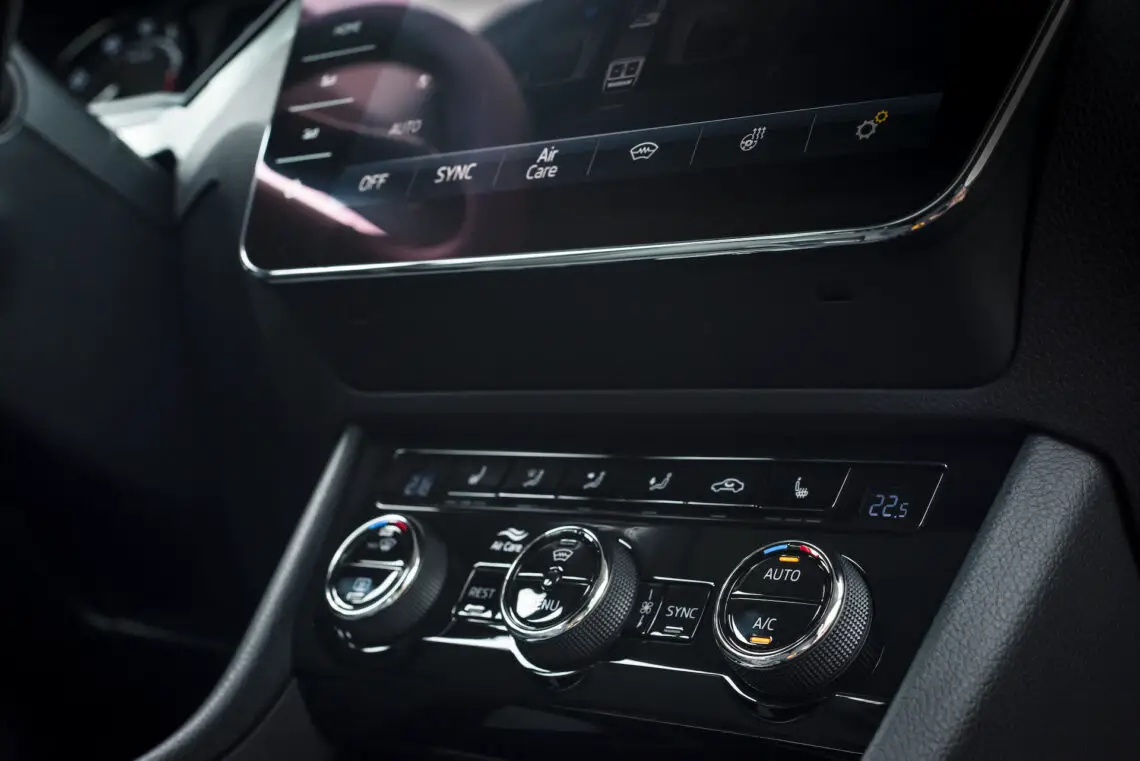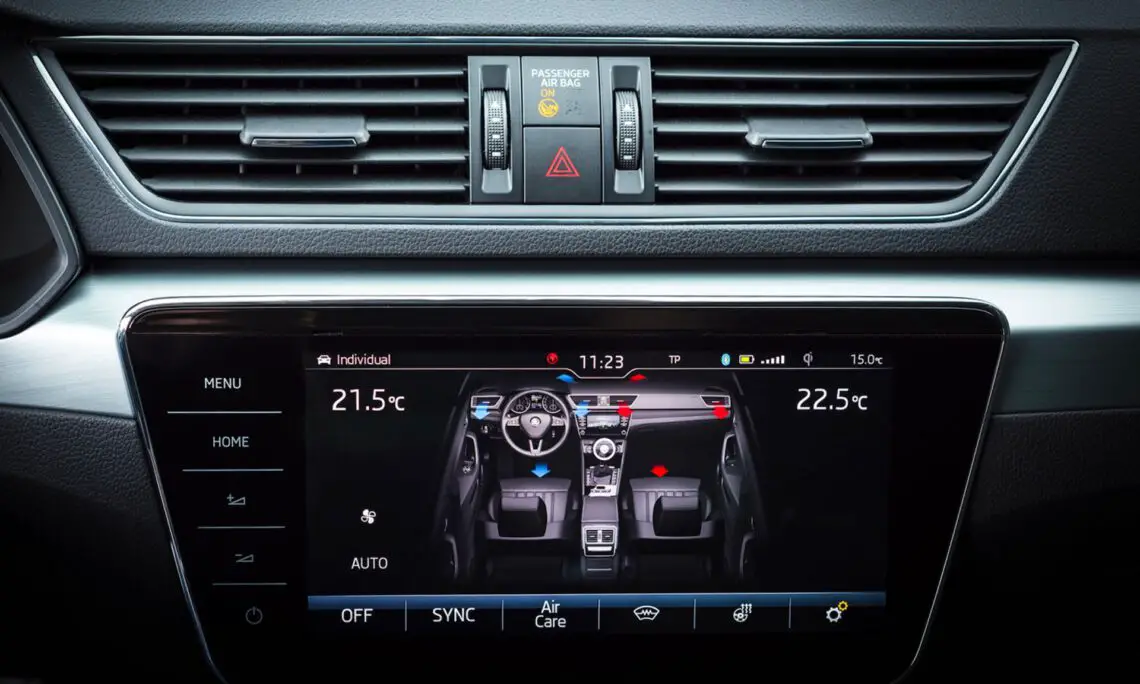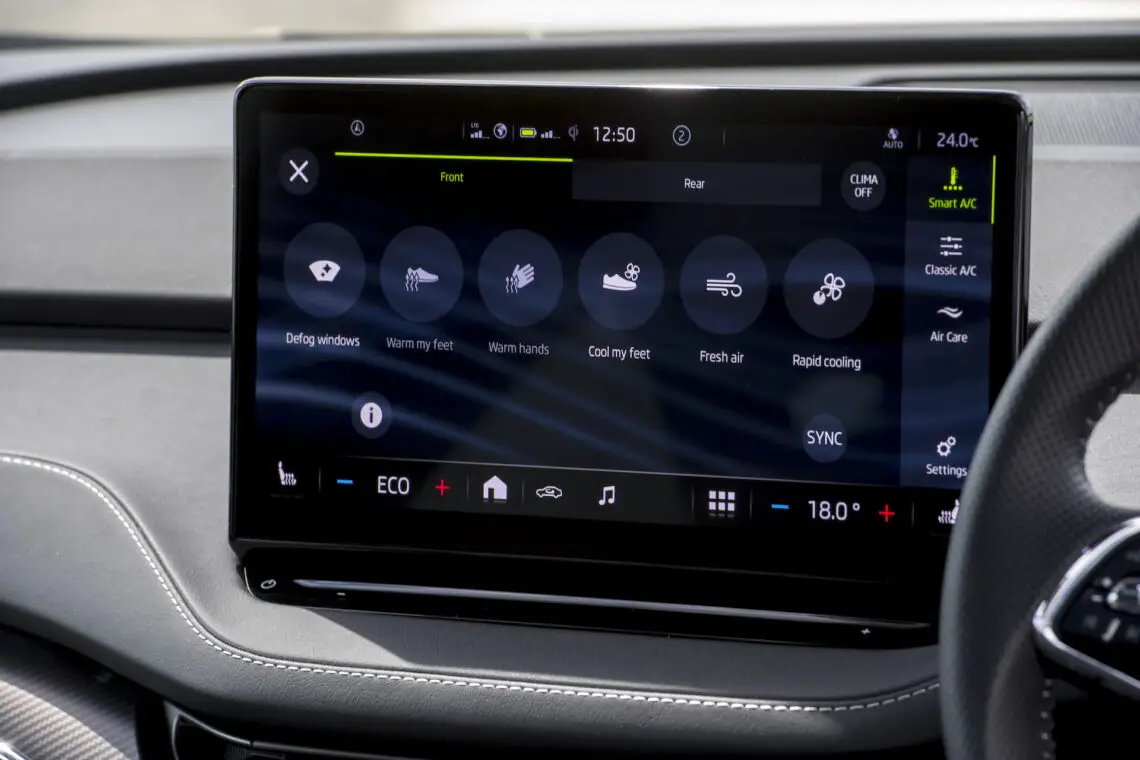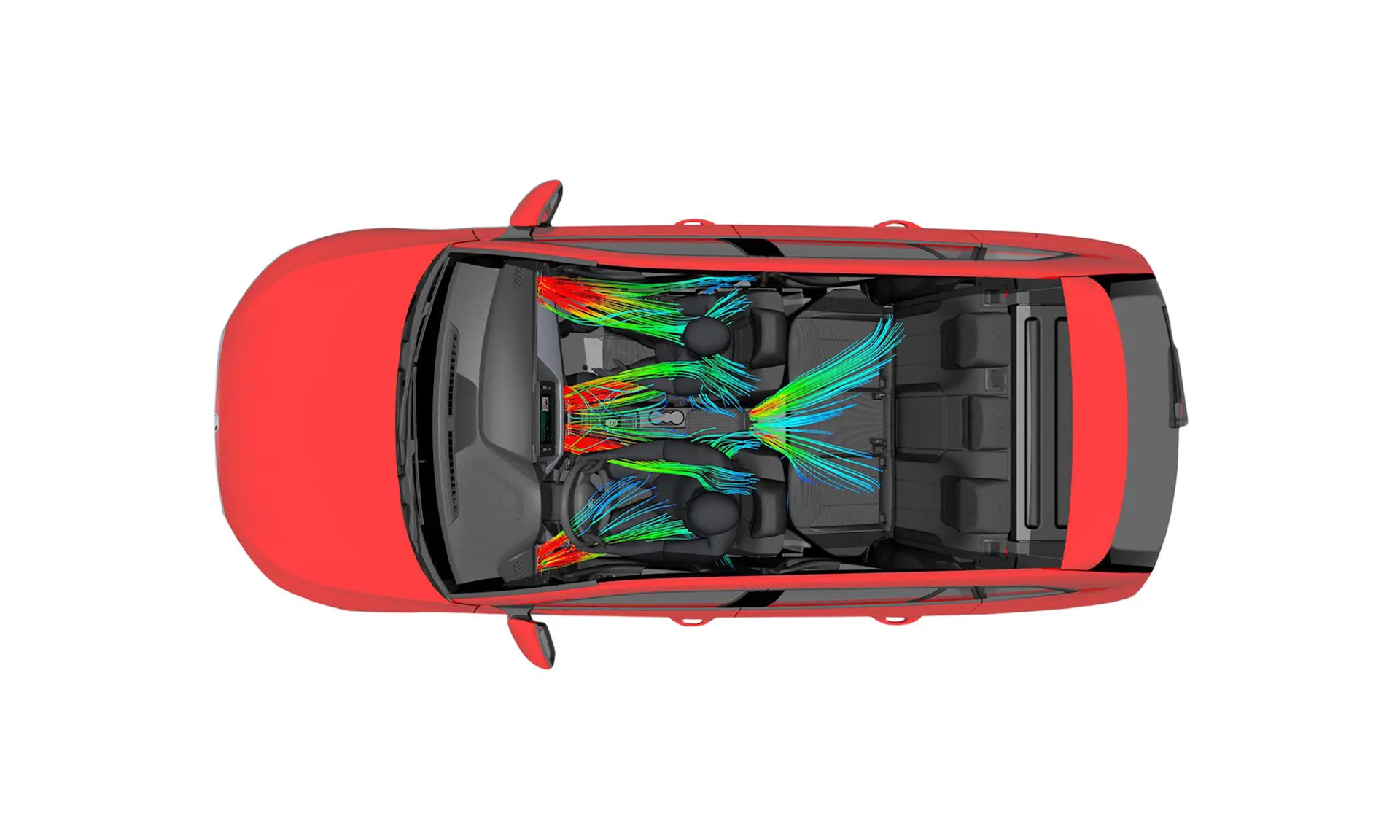4 myths about air conditioning in a car, are they true?
Higher temperatures
According to data from the British Health Security Agency, the hottest years on record since 2002 have occurred, with temperatures set to rise above 40 degrees Celsius for the first time in 2022 and the number of heat-related deaths per year expected to triple by 2050.
Awareness of air conditioning
With extremely high temperatures already recorded in June 2023, motorists should be aware of the effects heat can have on their cars and on their bodies. Scientifically, temperatures can cause slower reaction times, with nausea, dizziness, headaches and fatigue commonly felt due to a rise in the body’s core temperature. The British Nutrition Foundation explains how a mere 2% drop in body weight in water can lead to impaired cognitive and physiological responses, with symptoms such as headaches or fatigue.
What can motorists do?
Lowering a car’s cabin temperature by using air conditioning will help reduce fatigue and improve concentration levels. By maintaining a stable and relatively low temperature in the car, drivers are less likely to sweat and dry out. Do you refuse to use air conditioning in the car because of higher fuel consumption? Or are you afraid that air conditioning has a negative effect on your health? We break down five common misconceptions about air conditioning in the car.

Is this correct? Using air conditioning ruins fuel economy
It is true that using air conditioning in the car has an effect on fuel consumption in cars and energy use in battery-electric cars, but the impact is not as severe as people may think. Using air conditioning costs energy because the car uses a compressor to run the system, which requires energy from a combustion or electric motor. According to Energy Trust, you should expect a 5 percent increase in consumption when you turn on air conditioning. Other factors, such as underinflated tires, driving at higher speeds, a full trunk or a bike carrier/bakery attached to the car, has at least as much impact on consumption.
Is this correct? Air conditioning can be bad for your health
Turning on the normal air fan in a car to circulate air instead of turning on the air conditioning can have a negative effect on the system and possibly on the vehicle’s occupants. Air conditioning units dehumidify the air flowing through them, which in turn prevents the accumulation of moisture in the cabin and also in the air conditioning system itself. Not using the air conditioner for an extended period of time can lead to the growth of mold in the system, which can then circulate as soon as you turn it back on. Regular use, combined with proper maintenance, can prevent this. In addition, maintaining a constant and cool cabin temperature on a hot day can prevent drowsiness and improve driver concentration, and keep other passengers and pets comfortable and healthy.

Is this correct? Air conditioning doesn’t have to be on when it’s cool
As summer draws to a close, it is important not to just stop using air conditioning altogether, as there are a number of important benefits. Not only will it prevent the buildup of mold in the air conditioning system itself, but the dehumidifying effect of the air conditioning system will remain beneficial when occupants enter a vehicle with soggy or snow-covered clothing. Regular use of the air conditioning system has other benefits, namely, keeping the system in good physical condition. Air conditioning systems are sealed systems, with air conditioning compressors and seals lubricated with oil. Not turning on the A/C means no lubrication, which reduces the compressor’s efficiency and dries out the seals.
Is this correct? You may not turn on the air conditioning when you start the car
Modern car electronics are more resilient and can handle greater demand and stress compared to systems of classic cars. Thus, this myth kind of developed. With modern ignition systems, stop-start technology and electric vehicles, you don’t have to worry. So you can just turn on the A/C when you start the car.


